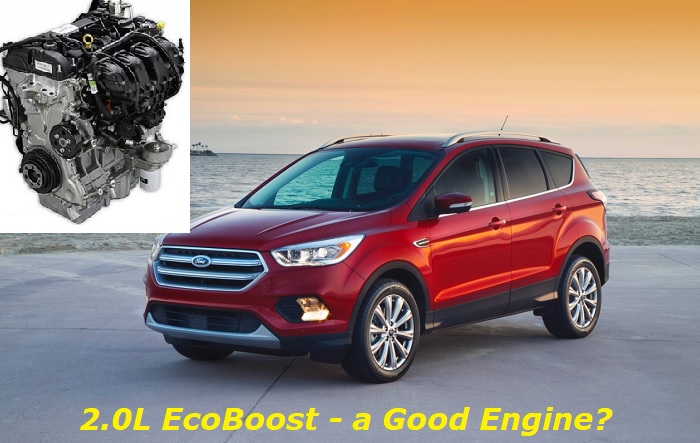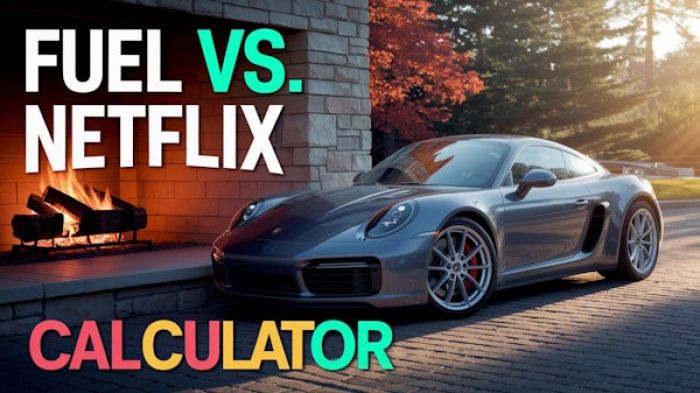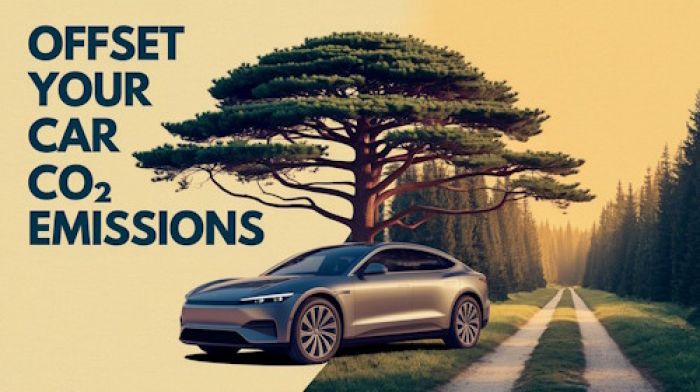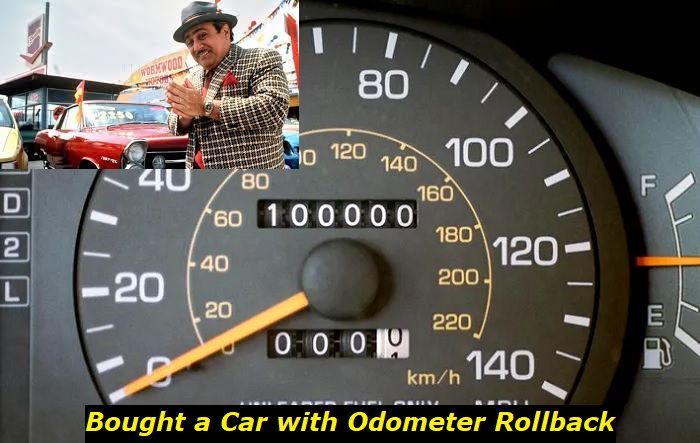The EcoBoost engine family is one of the best things Ford gave to humanity. The simple and even tiny engine can show the performance of the traditional V6 or even V8 leaving all its competitors far behind on the road. The wonderful gas mileage and pretty decent reliability add to the idea of buying a Ford or a Lincoln powered with an EcoBoost unit.
Today, we'll be mainly talking about the 2.0L EcoBoost engine which was first introduced in 2008 and then updated in 2015 and 2019. Want to know more about the 2-liter beast? Just read on and find out whether it's a reliable and high-performance engine and what exactly you should look at when buying a vehicle powered by it.

Key features and my opinion about the engine
- Production years:2010-now
- Average lifespan of 2.0L EcoBoost:150,000-200,000 miles
- Fuel supply type:direct injection
- Power range:160-301 hp
- Fuel efficiency:average
- Engine block material:aluminum
- Engine reliability score:medium
- The most common problems:intake manifold problems, turbocharger failure, carbon intake on intake valves, weak phasers, engine knocking issues.
Specs and features of the 2-liter EcoBoost engine
The 2-liter EcoBoost wasn't the first turbocharged engine in the series that Ford made. But it has always been one of the greatest low-displacement turbo engines in America. The fact that even sportscars of VUHL and Radical used it proves that the unit has a lot of potential to deliver to you.
Actually, the company offered plenty of versions of the engine and some of them weren't sporty much. For example, the European Focus used the 2.0L EcoBoost with 160 hp only. But most engines were well over 200 hp. In 2010, the market got versions of 203, 243, and 255 hp for different models.
Here are some facts you may want to know about the 2.0L EcoBoost engine:
- this was the first EcoBoost ever to use Ti-VCT technology for variable cam timing offering up to 20% better gas mileage;
- from the old Mazda L engine there was only the block, while the head and fuel injection differed much from the initial engine model;
- the most powerful 2.0 EcoBoost was installed in the Radical SL3 SR while the production EcoBoost for the Focus ST offered 255 hp;
- you may be interested to know that the 2.0T engines in Volvo S60, V60, XC60, and V70 were also the 2-liter EcoBoost engines just under a different name;
- also, the 2-liter EcoBoost was featured under the hoods of Land Rover Discovery Sport, Jaguar XE, Range Rover Evoque, and a number of Lincoln models;
- after 2015, the company introduced a new generation of the 2.0 EcoBoost twin-scroll which featured a new type of turbocharger;
- overall opinions about this engine are really positive, we know about cases of tuning these engines to 500+ hp without bad consequences for their blocks.
So, the 2-liter turbocharged unit is not bad at all. It's powerful, it offers great torque and low fuel consumption. It isn't that problematic and ensures that you drive your vehicle with no major issues for a long time.
The fact that so many worldwide known brands have used the 2-liter EcoBoost engine proves that the unit is good. Otherwise, Land Rover and Jaguar wouldn't install it in their cars and Volvo would also think about the consequences for their reputation. Let's see how many miles this engine can go.
What's the longevity of the 2.0L EcoBoost?
The durability of the engine is important for car owners. So, they tend to choose only those engines that go much longer than average if they are going to drive a car for a long time.
The engine is ready to go about 150,000 miles with no problems at all. After that, you may start experiencing some issues with the timing system, oil consumption, etc. The overall longevity of the 2.0L EcoBoost is going to be over 200,000 miles if you maintain this engine as it should be maintained.
Also, we've seen these units hitting even higher mileage with no issues but you will have to learn all the rules of TLC and preventing common problems of this engine from happening.
One of the greatest things about the 2.0L EcoBoost is that it can be repaired and overhauled. Also, the replacement will not cost you a fortune. There are both used and new units available for sale on the market.
So, if you love durable and reliable engines, the 2-liter EcoBoost is a pretty good choice. But some common troubles need to be considered.
What are the common problems with the 2-liter EcoBoost?
The 2-liter turbocharged engine is not a bad buy at all if you have the choice. It can go a lot of miles and it won't get on your nerves too much. Just keep up with maintenance and repair it when it needs to be fixed.
But still, all owners of the 2.0 EcoBoost will certainly have some problems with the engine, so we've decided to make a list of some common issues.
1. Traditional direct injection problems
The direct injection often leads to carbon buildup and an expensive repair of the injectors and the entire system. Once you feel that the engine lost some power, you should just go to the dealer or to the shop and have the injection system checked.
In most cases, your injectors will need some cleaning, but sometimes, replacement is going to be needed. Valve cleaning is not a simple task for this engine, so it's going to cost you a lot. So, be sure to buy good fuel and replace air filters as often as it's needed.
2. Fuel pump issues
The 2-liter EcoBoost engine is not bad at all in terms of the fuel pump. It works and delivers fuel to the engine with no problems. But you should know that these engines have two fuel pumps - one low-pressure and one high-pressure. They can't work separately, they only work in a system of two and once one of them fails, the other can't deliver the needed amount of gas to the injectors.
So, the chance that the fuel pump will eventually fail is twice higher than in other cars with one fuel pump only. Unfortunately, this is the second most popular problem in the rating of issues with the 2.0L EcoBoost based on the reviews. Also, this is expensive trouble - just look at the prices of OEM pumps!
3. Exhaust manifold problems
Due to a lot of power and torque, this engine tends to heat quite a lot. This leads to high temperatures in the exhaust manifold. And this can lead to some cracks in the manifold over time. Especially, if you decide to use the vehicle as a sportscar. By overheating this engine, you guarantee that the exhaust manifold will carack sooner or later.
Cracks in the manifold will lead to leaks and other problems. Unfortunately, this problem may only seem to be easy to repair. It's actually quite hard to deal with because parts are expensive and sometimes, they can only be bought from dealers.
4. Turbocharger issues
This is probably one of the problems that you will rarely see in the EcoBoost engines, but the 2.0L one may disappoint you with this issue. Especially, the engines after 2015 can have this problem leading to turbocharger replacement which is not cheap at all. Repairing is possible, but sometimes it will require a lot of effort and funds, so replacement is better, in most cases.
The turbocharger makes a lot of work in this engine, so it's always under pressure. It works at the edge of its possibilities, and this leads to sooner death. So, you need to pay for the performance and fuel economy you get with the EcoBoost unit.
5. Timing chain problems
Another common problem (and also the thing to consider when buying a used car with the 2-liter EcoBoost) is the timing chain. It may go 60,000 miles or more which is a good result for a belt, but not for a chain. You may expect a timing chain to last as much as the engine lasts, but this is not about the 2.0L EcoBoost.
After 60K miles, and then after 120K, 180L, and so on, you should check the tension and the condition of the chain. In most cases, the best decision will be to change the chain and tensioner at that mileage. Though, in some engines, it may go longer. The lifespan of the chain depends on the oil you buy for your vehicle.
Final words
So, what should you do to drive the vehicle with the 2-liter EcoBoost engine longer? You should maintain the engine regularly and repair it once it needs some fixing. You shouldn't buy cheap parts and liquids for the engine. Also, don't consider it as a sporty engine for racing, this is not this kind of equipment.
The last thing - buy good fuel and don't forget to change all filters when needed. If you stick to these simple rules, your EcoBoost will live much longer and won't cause any problems for you.
About the authors
The CarAraC research team is composed of seasoned auto mechanics and automotive industry professionals, including individuals with advanced degrees and certifications in their field. Our team members boast prestigious credentials, reflecting their extensive knowledge and skills. These qualifications include: IMI: Institute of the Motor Industry, ASE-Certified Master Automobile Technicians; Coventry University, Graduate of MA in Automotive Journalism; Politecnico di Torino, Italy, MS Automotive Engineering; Ss. Cyril and Methodius University in Skopje, Mechanical University in Skopje; TOC Automotive College; DHA Suffa University, Department of Mechanical Engineering






Add comment